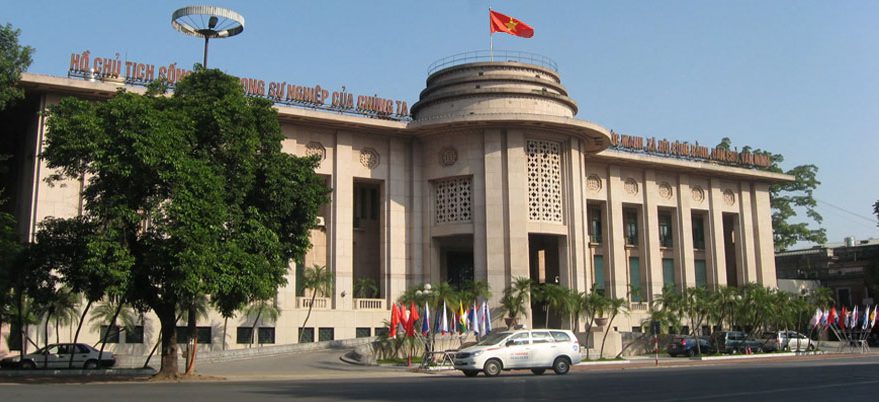|
Getting your Trinity Audio player ready...
|
No mention of mining and blockchain technology in its entirety, however.
Vietnam is now officially a no-fly zone for virtual currencies: the State Bank of Vietnam has made it clear that supply, trade, or any activity involving cryptocurrencies are prohibited in the country.
“Bitcoin virtual currency and other similar is not lawful means of payment in Vietnam; The issuance, supply, use of bitcoin and other similar virtual currency as a means of payment is prohibited in Vietnam,” they wrote on their website. Getting involved in any cryptocurrency within their jurisdiction will be subject to a fine of around $6,000 to almost $9,000.
The release, however, does not mention any grounds for the decision, nor does it mention anything about cryptocurrency mining or the underlying technology behind them, blockchains. This adds Vietnam along the lines of China and Indonesia, who have explicitly imposed a ban on cryptocurrencies, with Indonesia issuing a threat that anyone using it “will be dealt with.”
It seems decision-making on cryptocurrency has been making its rounds in Asian countries this year. Earlier, Philippine central bank Bangko Sentral ng Pilipinas (BSP) issued guidelines on virtual currencies. And while the legislation is not yet fully comprehensive, BSP deputy director Melchor Plabasan is taking a positive stance: “It’s like any other monetary instrument [and even] an investment instrument. There are risks but essentially, it can be managed. If you want something that is fast, near real-time and convenient then there’s the benefit of using virtual currencies like bitcoin.”
Japan, meanwhile, has been fully supportive of cryptocurrencies and now holds the largest chunk of the bitcoin market globally. Similarly, the managing director of the Monetary Authority of Singapore (MAS) Ravi Menon, says they have no plans of regulating cryptocurrencies at the moment, and will instead focus their efforts on inspecting questionable activities surrounding cryptocurrencies.
“We’ve taken the approach that the currency itself does not pose the risk that warrants regulation. It is a known fact that cryptocurrencies are quite often abused for illicit financing purposes, so we do want to have AML/CFT controls in place. So those requirements apply to the activity around cryptocurrency, rather than the cryptocurrency itself,” Menon said.

 03-05-2026
03-05-2026 




